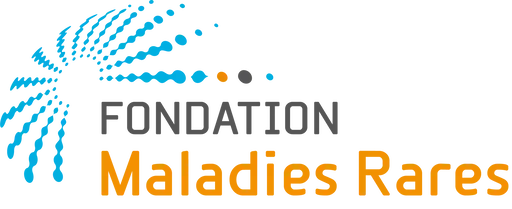After a general presentation of the Horizon Europe FP9 programme, the 2021 EURASC Symposium will be dedicated to the increasing roles of micro- and nanotechnologies for medicine and life sciences.
This will be illustrated by many examples: nanoparticles for drug delivery and as a tool to escape multidrug resistance in cancer, nano-sized recombinant viruses for gene therapy, nano-engines such as the CRSPR-Cas9 complex which is in the way to revolutionize precision medicine by allowing precise genome editing.
In addition, micrometer sized cells, which have been genetically modified by using nanometric recombinant viruses, have proved successful for numerous rare disorders, such as those of the immune system, or beta-thalassemia. Such gene/cell therapies represent also one of the most exciting recent breakthroughs in cancer.
Strikingly, the very same nanolipid particles which had been originally developed to treat rare disease by using oligonucleotides or RNA-interfering genetic drugs, have been successfully used for the recent mRNA vaccines against COVID-19 and other viruses.
Prestigious invited speakers will describe these dramatic advances and will also detail how mathematical epidemiological models can be implemented for the control of the COVID-19 pandemic. In the final presentation, ethical considerations for biomedicine will be presented and discussed.
| 9:30 | Opening speeches |
| 9:50 | Mr. Jean-Eric Paquet, European Commission, Director-General, DG Research and Innovation Horizon Europe FP9 |
| 10:30 | Pr. Elias Fattal, University Paris-Orsay, Pharmacy Faculty, Galien Institute Nanomedicine for tackling physiological resistances to drug delivery |
| 11:10 | Pr. Stefaan de Smet, Ghent University, EURASC Physico-Chemistry of nanoparticles for drug delivery |
| 11:50 | Dr. Carine Giovannangeli, CNRS – National Museum of Natural History Genome editing with CRISPR-Cas nucleases |
| 12:30 | Pause |
| 14:00 | Dr. Ana Buj-Bello, Généthon Laboratory, Inserm Gene therapy of neuromuscular disorders with viral-derived vectors |
| 14:40 | Pr. Daniel Scherman, Foundation for Rare Diseases, Pharmacy Faculty, Paris University, CNRS, Inserm, EURASC Genetic Pharmacology: RNA-silencing nanoparticles and targeted nanodrugs for rare diseases |
| 15:20 | Pr. Odile Launay, Haut Conseil de la Santé Publique, Professor of Infectiology Hôpital Cochin-Broca-Hôtel-Dieu Strategies of COVID-19 vaccination |
| 16:00 | Pr. Neil Ferguson, Imperial College, London Modelling of the Covid-19 pandemic. Connections with computational science, mathematical epidemiology, and control and vaccination policy making |
| 16:40 | Pr. Alain Fischer, Imagine Institute, Necker Hospital, French Academy of Sciences and Academy of Medicine Gene therapy of severe immune rare diseases |
| 17:20 | Dr. Hervé Chneiweiss Inserm, Président od Inserm Ethics Committee and of CCNE (Comité Consultatif National d’Ethique pour les sciences de la vie et de la santé) Ethical considerations in Biomedicine |
| 18:00 | Closure of the scientific day |
